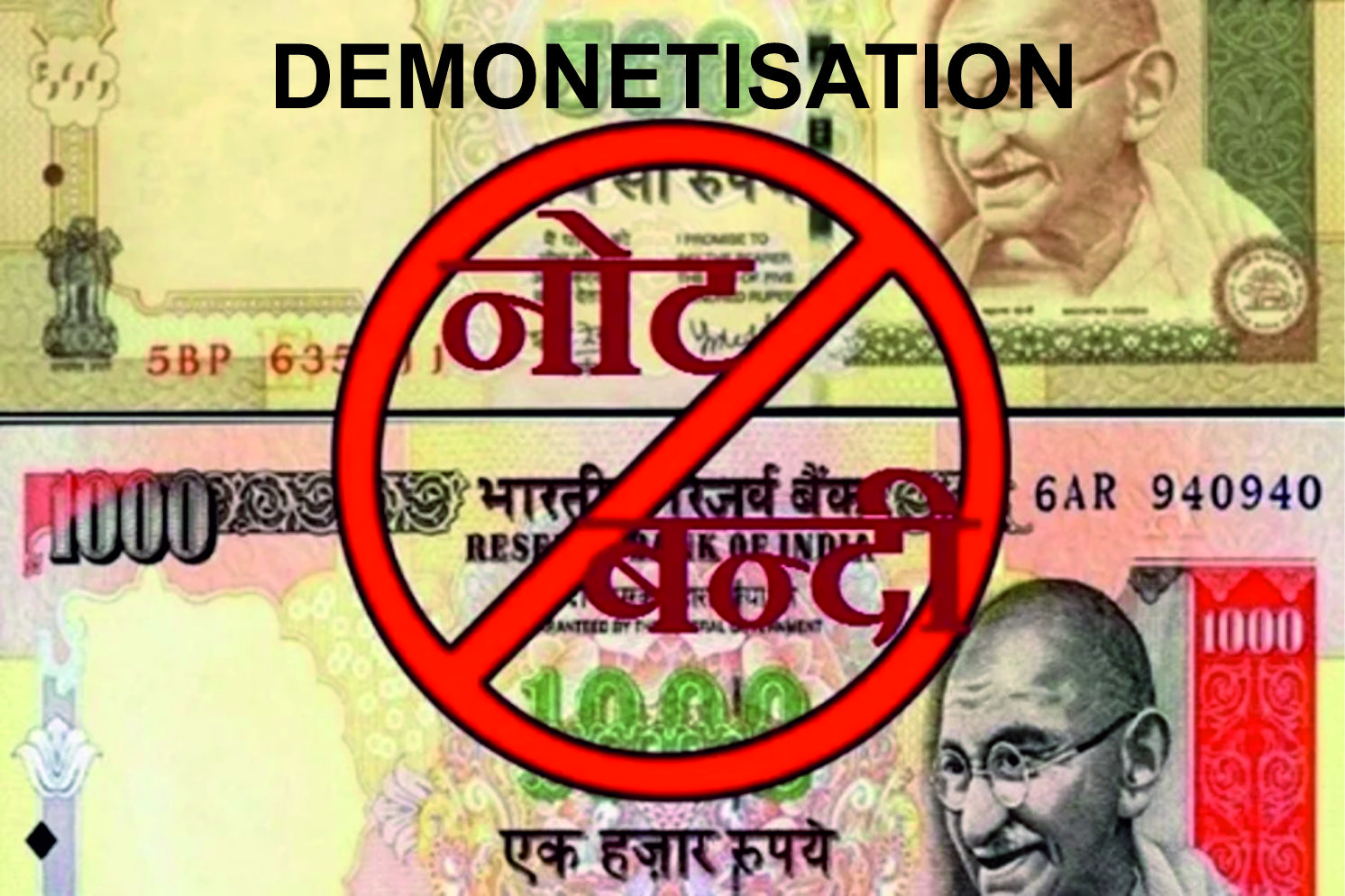The Digital Revolution and Its Impact on Our Relationship with Money

The advent of digitization has profoundly altered our association with money, ushering in a transformative era where technology and finance converge. This paradigm shift has redefined how we perceive, access, and engage with currency, fundamentally revolutionizing transactions. The convenience of shopping, paying bills, and transferring funds globally with unprecedented ease has reshaped the very essence of currency itself.
Democratization of Financial Services
The rise of fintech companies and digital banking services has played a pivotal role in democratizing financial services. Digital banking empowers individuals, providing them with greater control and understanding of their finances. Previously exclusive to a select few, access to banking and financial tools is now widespread, enabling people to manage businesses from the safety of their homes. Notably, platforms like Instagram and Facebook have become crucial for women entrepreneurs, offering flexibility, national market access, and fostering financial independence.
Challenges and Inequalities
While digitization has made significant strides, it has not been inclusive enough, particularly for women from less privileged backgrounds. Limited access to digital literacy has resulted in decreased financial autonomy for many women, highlighting the existing digital divide. The shift towards digitization has unintentionally amplified pre-existing inequalities, disproportionately impacting women's financial agency and exacerbating social disparities.
Altered Spending Habits
Digital transformation has accelerated transactions, providing quick, convenient, and secure financial interactions. However, it has also influenced spending habits, with digital payments contributing to increased consumer spending. The psychological impact of not physically witnessing cash transactions can lead to impulsive spending behaviors.
Changing Dynamics in Banking
The digitized banking economy has led to frequent bank account changes among young adults, driven by factors like glitches in UPI services, cashback offers, or partnerships with favorite e-tailers. This dynamic makes it challenging for banks to understand consumer behavior and maintain long-term records, impacting the functioning of entire economic institutions.
The Influence on Generations
While millennials and older generations maintain steadfast relationships with their chosen banks, the new generation faces challenges. Despite being tech-savvy, a general lack of financial literacy hinders them from fully capitalizing on digitization's advantages.
The Path Forward
The digitization of money has not only transformed consumer behavior but also led to a vast array of goods and services accessible through e-commerce platforms. Capitalist structures are embracing digitization under the guise of modernization, with discussions on its global impact and the emergence of security and privacy concerns. The inevitability of digital transformation prompts a focus on creating an information economy that is both social and liberal, aiming to provide young generations with beautiful technologies and good lives.



 2787
2787

 The BharatBiz
The BharatBiz
 16
16

